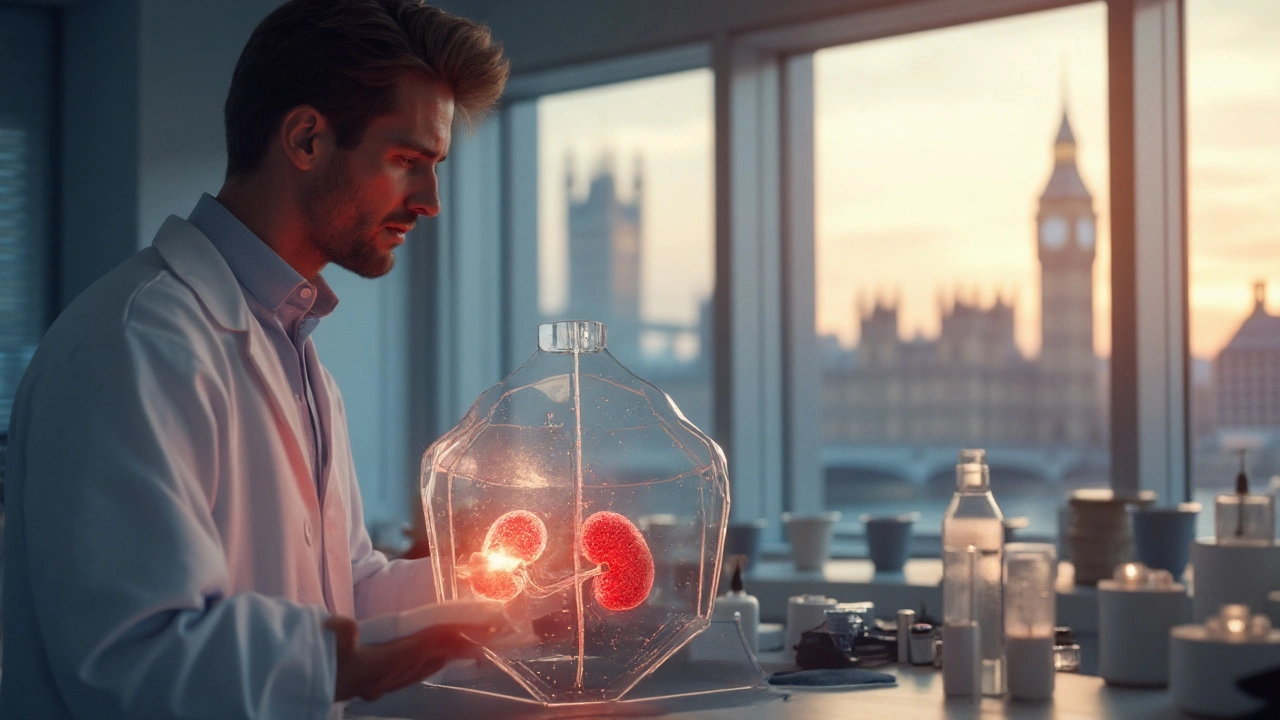Detox Diet: Quick Ways to Cleanse Your Body and Feel Better
If you’re tired of sluggish afternoons, cravings, or that uneasy feeling after a few energy drinks, a detox diet might be the reset button you need. It’s not about extreme fasting or crazy juice cleanses—it’s about adding a few smart habits that give your liver, kidneys, and gut a break while still letting you enjoy life.
Most of us drink caffeine, sugar, or processed snacks daily. Those choices can pile up toxins that slow digestion, spike blood sugar, and put pressure on the liver and kidneys. A gentle detox diet helps the body flush out waste, rebalance hormones, and restore natural energy levels without starving yourself.
Why a Detox Diet Matters
Your liver is the body’s built‑in filter. It breaks down caffeine, sugar, and additives found in many energy drinks. Over time, excess load can make the liver work harder, leading to fatigue, bloating, or even mild inflammation. A detox plan reduces that load, giving the liver a chance to operate efficiently.
The kidneys do a similar job with water and waste. High‑sugar drinks can increase the risk of kidney stones, especially when you don’t drink enough plain water. Cutting back on sugary beverages and adding kidney‑friendly foods—like berries, citrus, and plenty of water—helps keep stone formation at bay.
Beyond organ health, a detox diet can bring back mental clarity. When you cut out artificial sweeteners and excess caffeine, you often notice steadier focus and fewer energy crashes. That’s why many athletes swap energy drinks for natural boosters during a detox phase.
Simple Steps to Start Your Detox
1. Hydrate with plain water first. Aim for at least eight glasses a day. Start each morning with a glass of warm water and a squeeze of lemon; it jump‑starts digestion and supports liver enzymes.
2. Swap sugary drinks for low‑calorie alternatives. Try sparkling water with a splash of fruit juice, herbal teas, or green tea. These options give you a tasty sip without the sugar spike that can burden your kidneys.
3. Fill half your plate with vegetables. Greens, broccoli, and bell peppers are rich in antioxidants that assist the liver in breaking down toxins. Roasting them with a little olive oil makes them satisfying and flavorful.
4. Add protein that’s easy on the liver. Choose lean fish, turkey, or plant‑based proteins like lentils and chickpeas. They supply amino acids needed for repair without overloading the liver with saturated fats.
5. Include detox‑friendly fruits. Berries, apples, and grapefruit contain fiber and vitamins that promote healthy digestion and support kidney function. A handful of berries as a snack can curb cravings for sugary drinks.
6. Limit caffeine to 200 mg a day. That’s roughly one strong coffee or two regular energy drinks. If you need a boost, try a short walk, deep breathing, or a quick stretch instead of reaching for another can.
7. Get moving. Light exercise—like a brisk 20‑minute walk—helps circulation and encourages the lymphatic system to move waste out of the body. No need for an intense gym session during the first few days.
8. Sleep enough. Your body does most of its cleaning while you’re asleep. Aim for seven to nine hours, keep the room dark, and avoid screens an hour before bed.
These steps are easy to fit into a busy schedule and don’t require buying expensive supplements. Stick with them for a week, notice how you feel, then gradually re‑introduce foods you love—just in moderation.
Remember, a detox diet isn’t a punishment; it’s a short‑term plan to give your body a break and reset your habits. When you feel the difference—more steady energy, clearer skin, fewer cravings—you’ll be more motivated to keep those healthy choices for the long run.
Give these tips a try and see how a simple detox can power up your day without relying on extra energy drinks. Your liver, kidneys, and overall well‑being will thank you.
A science‑backed look at detox claims, how the body actually clears toxins, and what health professionals recommend for safe, effective cleansing.

